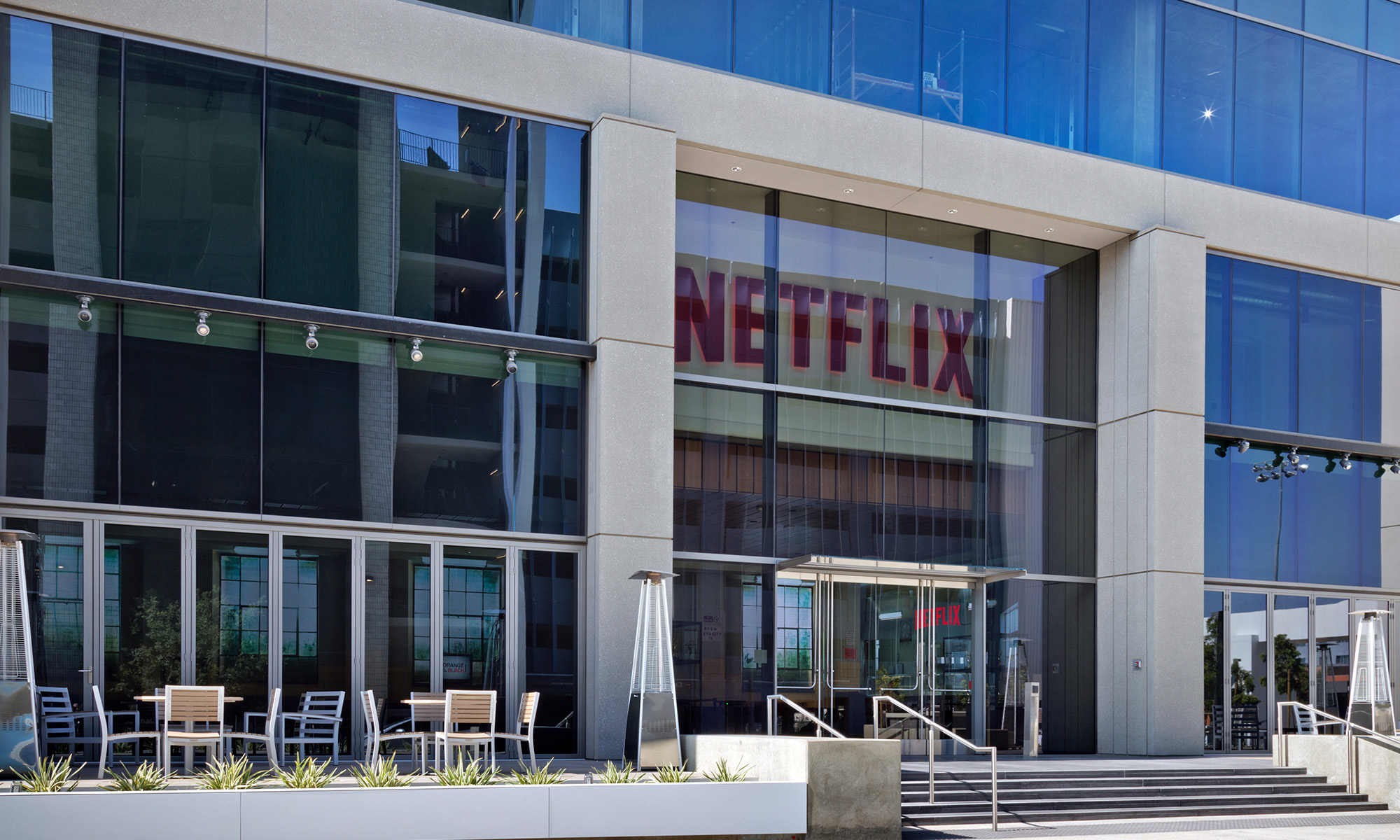
Image source: Netflix.
There are many perfectly cromulent reasons to sell Netflix (NFLX +1.71%) right now. These three popular justifications for hitting the "sell" button are not among them.
Overwhelming competition
I get it: Amazon.com (AMZN +0.93%) is getting some traction under its Amazon Prime Video subscription service. Studio-owned Hulu relaunched with a more user-friendly video-viewing experience. Netflix is running into local rivals in many of its overseas territories. Simply put, the company has never before faced as many head-to-head competitors as it does right now.
But neither Amazon nor Hulu will kill Netflix. In fact, you could easily argue that all of these internet-based video specialists are working together to build a whole new market. As this new generation of video services cuts deeper into the traditional cable TV market, there's plenty of room for several healthy rivals to establish their own special niches.
For Hulu, that means focusing on recent or even current material from major production studios. Amazon treats its subscription service like a funnel into pay-per-view rentals or outright sales from the much larger retail side of its catalog. Netflix bends over backwards to provide the simplest and cleanest subscription experience possible. And of course, all three services come with a rapidly growing serving of in-house original content.
To lean on a tired analogy, there's a place for several auto makers and dozens of car models. No particular marque or model is killing any of the others, as the car market continues to exist in a fiercely competitive but relatively stable equilibrium. Digital video services seem likely to follow this path in the long run, and we're only getting started so far.
Moreover, Netflix CEO Reed Hastings doesn't seem overly concerned by Amazon or Hulu. Instead, he sees Netflix competing for customer attention with pretty much anything and everything:
We compete with video gaming, we compete with drinking a bottle of wine -- that's a tough one!We compete with other video networks, with playing board games.... Think of any night you did not watch Netflix. That, what you did, that was the competition!
From that perspective, another video service or two doesn't really change the game at all. So the rise of Hulu and Amazon Prime Video is simply not a good reason to sell your Netflix shares. The real competition is already much bigger and scarier -- and Netflix is doing fairly well against bottles of wine and board games.
Skyrocketing content costs
There's a bit more to this one. Netflix is indeed growing its content budget every year. These expenses are taking an extra large step upward in 2016, accounting for the January launch of more than 150 new international markets. Providing licensed movies and shows for every place between Iceland and Vietnam doesn't come cheap.
On top of those overseas expenses, Netflix is diving deeper into its original programming strategy. The company hopes to reach a 50-50 split between new third-party licenses and in-house productions, and that's a cash-intensive idea.
So you might expect the content costs to rush right off the charts. That's not exactly what's happening, though.
Sure, Netflix's content budget is larger than ever before. The streaming content costs over the last four quarters add up to a cool $7 billion. That's a 36% increase from the $5.1 billion total seen a year earlier. But the year-over-year growth rate is actually slowing down from 53% in the fourth quarter of 2015 and 41% in the first quarter of 2016. The big international bump is already in the books and is not coming back.
Meanwhile, Netflix's year-over-year revenue growth has moved in the opposite direction. Four quarters ago, sales had increased by 23% from the year-ago period. Now, thanks to the company's overseas expansion and the implementation of higher subscription fees, sales growth has accelerated to 28%. That's what those content expenses are paying for -- larger revenues and boosted top-line growth.
Sometimes you have to spend money to make money. That's all Netflix is doing here, and with a generous helping of fiscal restraint. That's hardly a "sell" signal for the stock.
Sluggish or falling share prices must mean "time to sell!"
Netflix shares are not enjoying a banner year in 2016. Share prices have bounced between $80 and $133, and currently sit 27% below their 52-week highs. The stock is down 15% year-to-date.
I know you feel it in the pit of your stomach -- if this growth stock is out of momentum, it must be time to sell.
Not so fast. Assuming that you haven't found any other compelling reasons to sell your Netflix shares, locking in modest or disappointing share prices with a sell is just about the worst thing you can do.
The stock fell hard in January due to the megaexpansion overseas. Analysts and investors saw that as a truckload of new expenses and increased execution risks, not expecting the move to pay dividends any time soon.
Well, Reed Hastings has promised to pull back on market-expanding expenses next year and start delivering significant profits instead. That's a game-changing event, and you really don't want to miss it. If anything, it's probably a good idea to start or increase your Netflix holdings while the shares are cheap.







